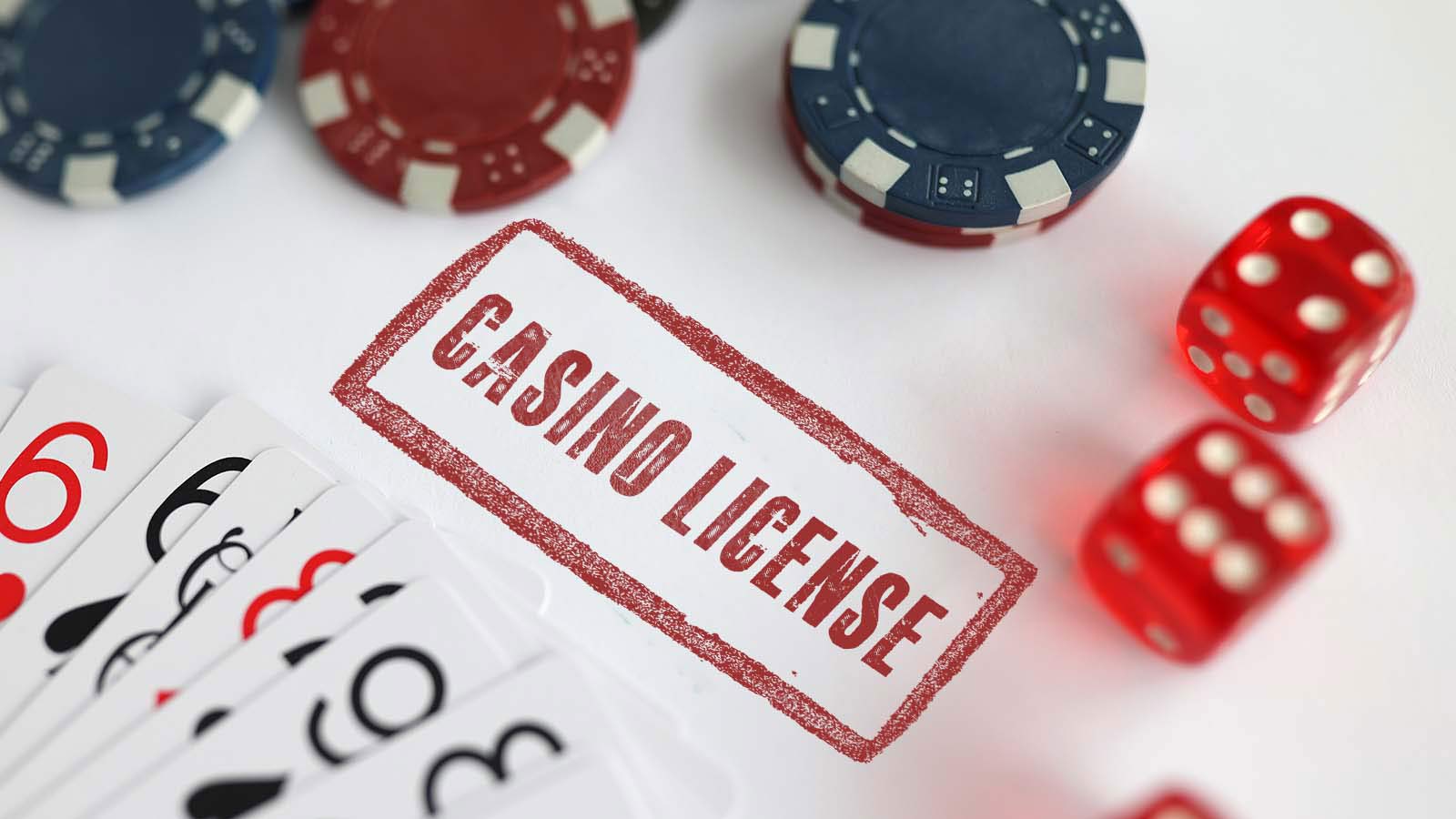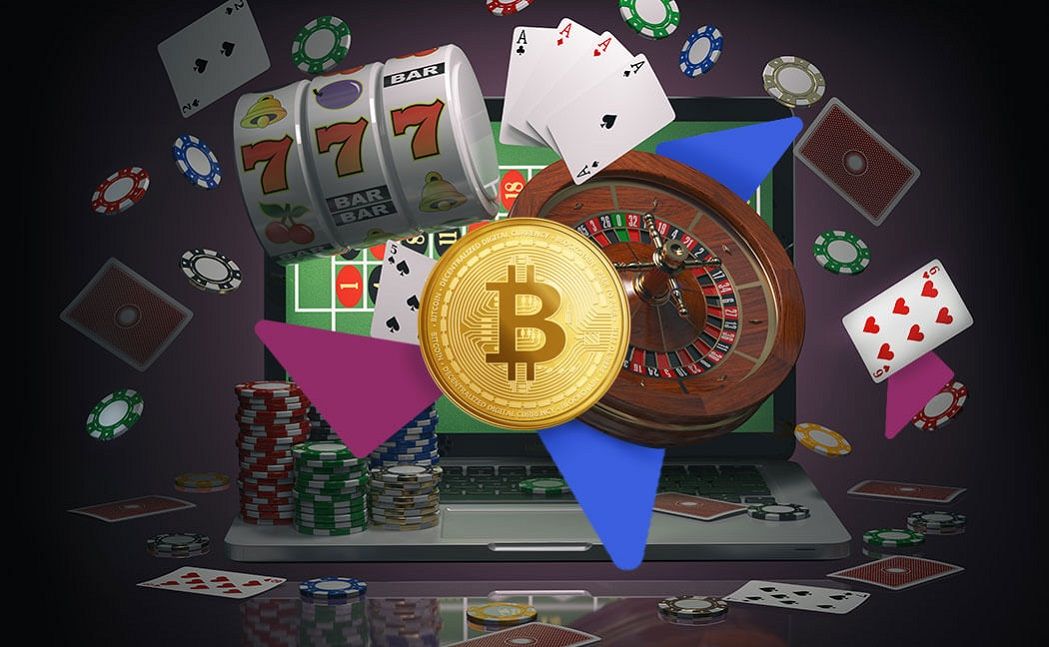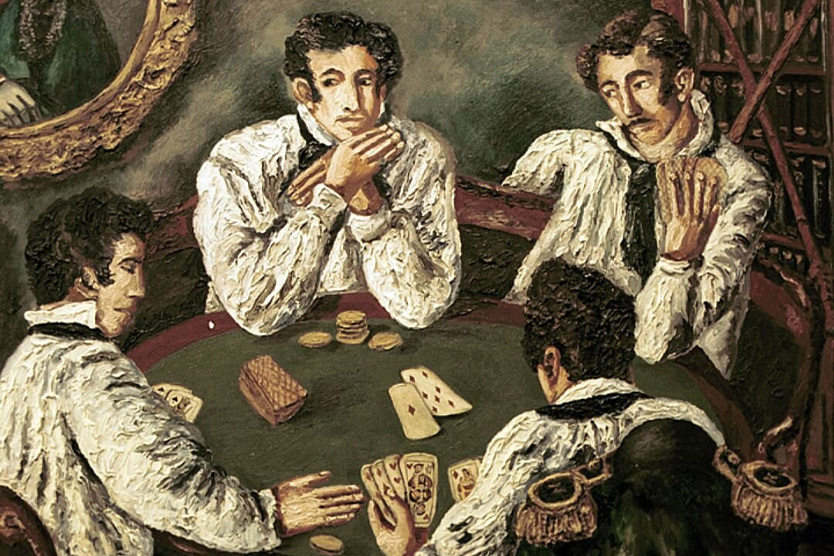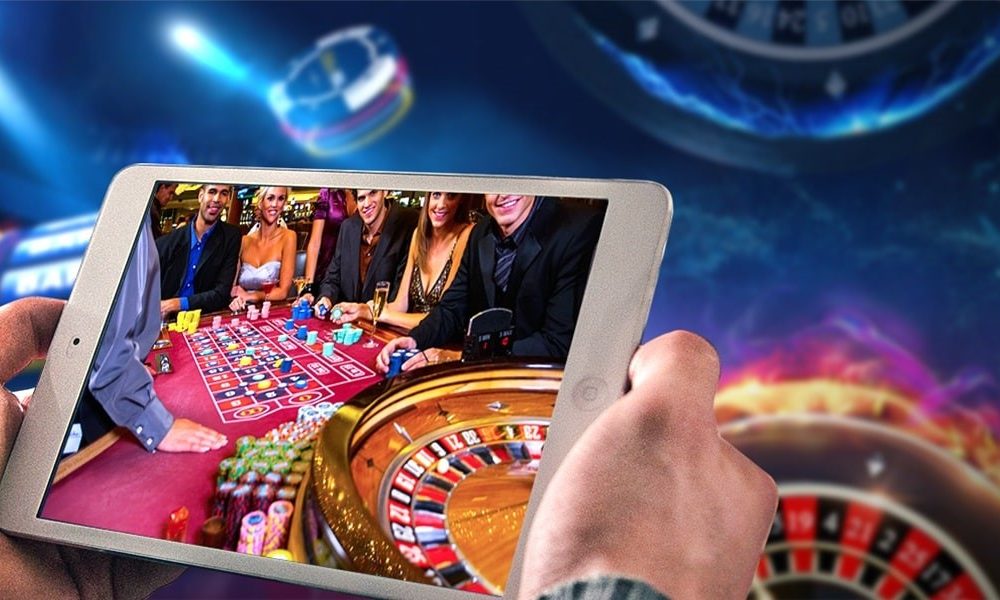Gambling is not just entertainment in a narrow sense, but a multibillion-dollar industry that encompasses gaming platforms, offline casinos, mobile applications, and streaming channels. The economy of the format unites millions of players, hundreds of licensed operators, and thousands of game providers who generate turnovers exceeding the budgets of entire countries annually.
The market structure includes three clusters: land-based casinos, online gambling, and hybrid platforms. The latter form a new ecosystem where each user manages their bankroll like a mini-investor. Unlike traditional entertainment, real-money gambling requires constant risk management, probability calculation, and emotional control.
As the format becomes increasingly digitalized, it often transforms into an intellectual challenge. RTP algorithms (Return to Player), in-game mechanics, and dynamic session settings turn the game into a mathematically calculated system. A simple example is a slot with a stated RTP of 96.2% that shows one set of parameters at minimum volatility and a completely different risk profile at high volatility, where luck ceases to be the key factor.
Traditional Formats and New Technologies
There are over two dozen types of gambling games that form the core of gambling. Among them are poker, roulette, blackjack, baccarat, slots, lottery, and dice. These directions have become canonical because each game is based on clear rules, fixed probabilities, and the ability to optimize player behavior.
Live casino games and random number generator games differ in mechanics but are united by the principle of calculated chaos. Lotteries rely on pure randomness. In poker and blackjack, on the other hand, skill influences the outcome more significantly than in slots or roulette. Technologies have also changed the approach to game design. Gambling is not just about spinning reels. Game providers add bonus levels, competitive missions, and modular betting settings. For example, NetEnt’s slot Dead or Alive II includes five bonus modes with variable multipliers, creating scenarios where the forecasted win depends on the specific phase of the session.
Betting and Gambling: Two Different Systems
Gambling and betting are two related but fundamentally different approaches. The casino format is a bet on chance. Betting is a bet on a forecast. In the former case, we are talking about systems where the outcome is unknown, while in the latter, we analyze events (such as sports matches, elections, esports).
The main difference lies in the mechanics. Gambling offers a closed ecosystem: RTP is known, and the outcome depends on the algorithm. In betting, calculations are based on external data—players’ form, match history, weather conditions. For example, a 1.85 odds in tennis may indicate a 54% chance of winning, and based on statistics, a bettor decides whether to invest or not. Hybrid products blur the line between the two worlds. The market already offers virtual match simulations with internal RTP and tournaments with elements of betting on the session’s outcome. Gambling is a platform, while betting is a forecasting tool within it.
Behavior Transformation
Modern players are no longer solely seeking to win. They strive for a gamified experience where each step brings emotions. Gambling adapts by introducing in-game missions, levels, leaderboards, VIP programs, and tokenization.
Casinos offer games with progression elements: completing tasks, accumulating points, unlocking achievements. For example, in roulette, you can activate a scenario where each “black sector” increases the user’s rating, granting access to closed rooms. These mechanics turn the game into a growth system. The trend of customization has intensified with the development of NFTs and in-game tokens. Gambling is an ecosystem where the user owns not only the outcome but also the environment. Participants acquire unique avatars, stylized tables, or exclusive bet combinations.
Bankroll Management: Gambling is Discipline
One of the key factors in successful gaming is bankroll control. Players set limits, define daily budgets, choose entry and exit strategies for sessions. Gambling is a symbiosis of emotions and calculation, and without a clear financial model, the game enters the risk zone. Strategies like flat betting, progressive doubling, and stochastic management are common in baccarat and blackjack. Each requires discipline. For instance, the “1-3-2-6” method allows you to secure profits after four consecutive wins without the risk of total bankruptcy.
The right management strategy includes:
Determining the size of the starting bankroll.
Dividing it into gaming sessions.
Setting loss limits and profit goals.
Prohibiting the use of borrowed funds.
Monitoring statistics and emotions after each session.
Adjusting the approach based on results.
Future of the Industry
Key trends point to the growth of mobile gambling, blockchain integration, and increased regulation. Platforms are transitioning to decentralized models, creating DAO casinos, and implementing NFT elements. Intelligent platforms are emerging where each bet influences the internal economy. For example, in a crypto casino, the outcome can affect the token’s value, and player activity determines dividend distribution. Prediction: by 2030, the share of hybrid platforms will exceed 40% of the market, traditional casinos will lose some traffic, and regulators will focus on KYC, RTP transparency, and protection against gambling addiction.
Conclusion
Gambling is not just about games but a complex ecosystem that combines mathematics, emotions, analytics, and technology. Unlike betting, here the bet is placed on the probability within the platform, not on the forecast of an external event. The future of gambling is shaped by customization, cryptography, and new risk management models. For players, this requires not just luck but an understanding of the game structure and the ability to control behavior.

















 The conditions for selecting an internet casino help identify signs of fraud. There are specific signals indicating unreliability:
The conditions for selecting an internet casino help identify signs of fraud. There are specific signals indicating unreliability: The rules for choosing an internet casino protect against errors and financial losses. Without checking the license, reviews, RNG, payment systems, and bonus conditions, it’s impossible to assess reliability. Ignoring these criteria leads to losses and blocks. Only platforms with transparent financial policies, fast payouts, a confirmed license, and high security levels provide a quality gaming experience.
The rules for choosing an internet casino protect against errors and financial losses. Without checking the license, reviews, RNG, payment systems, and bonus conditions, it’s impossible to assess reliability. Ignoring these criteria leads to losses and blocks. Only platforms with transparent financial policies, fast payouts, a confirmed license, and high security levels provide a quality gaming experience.
